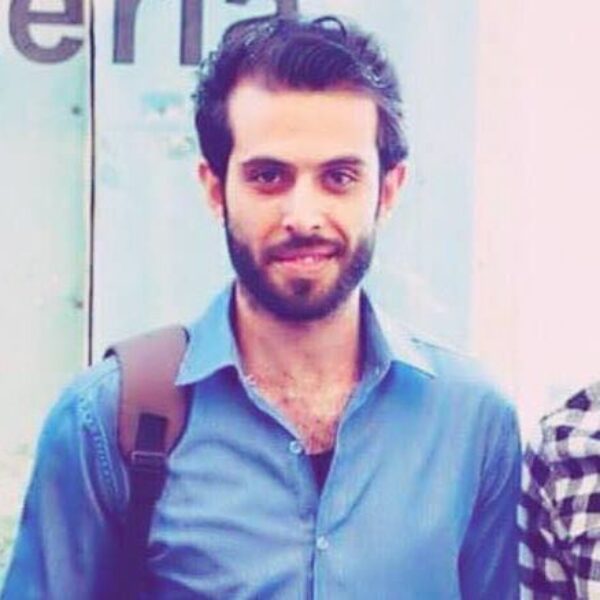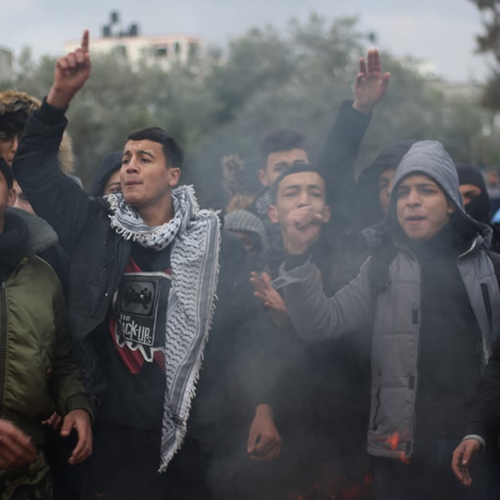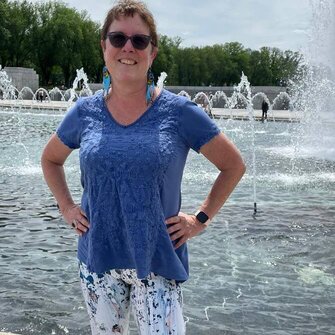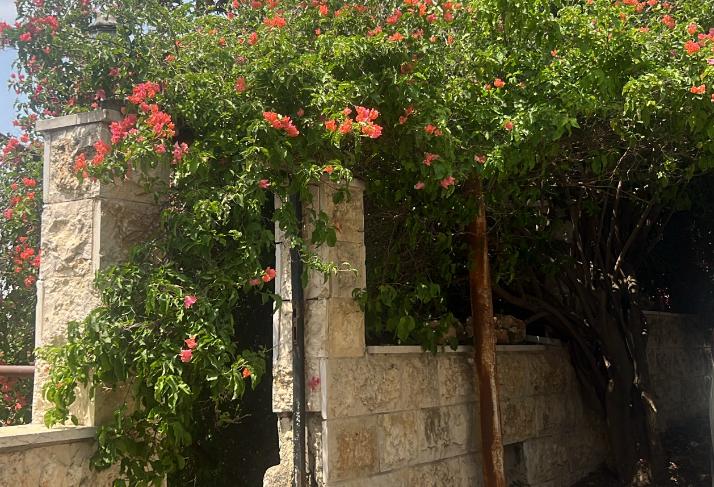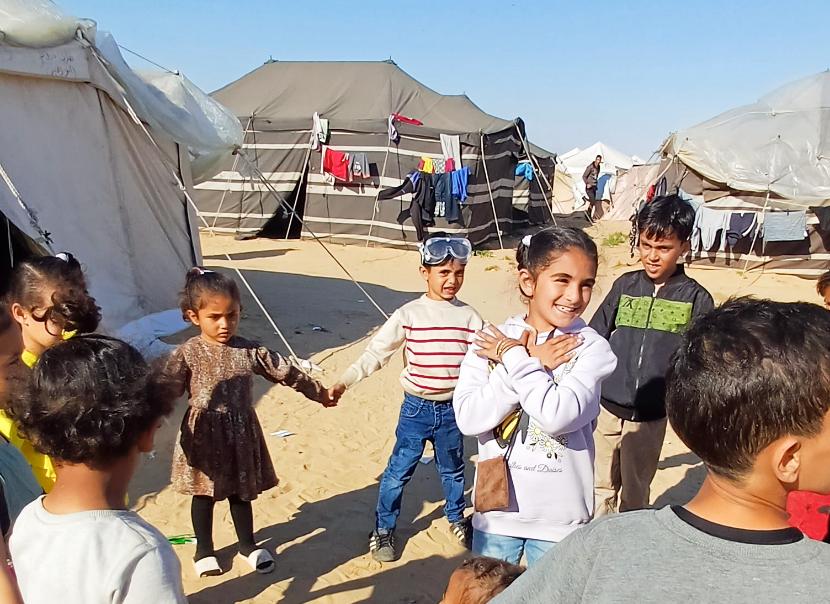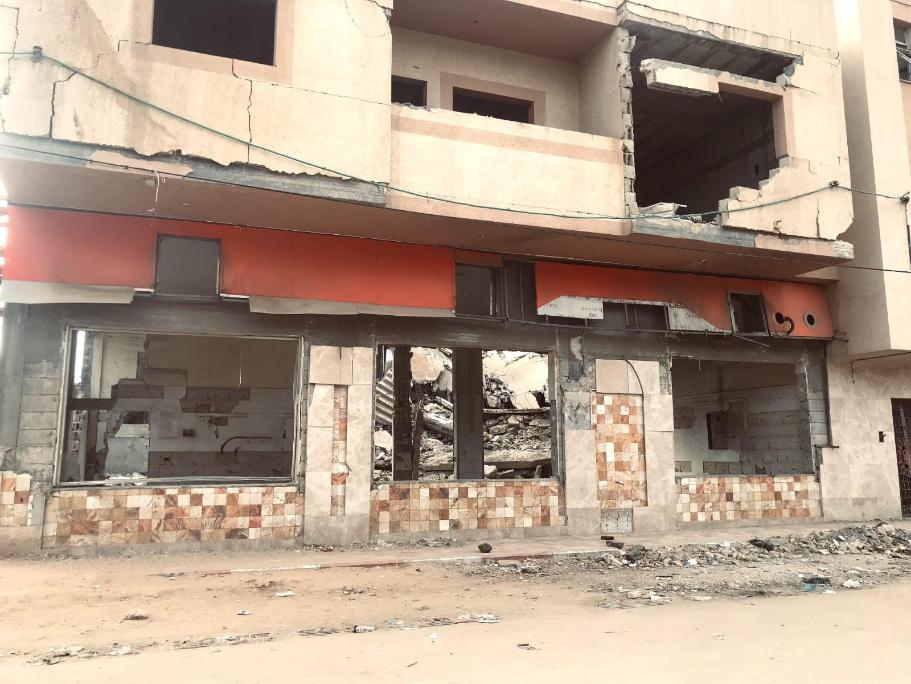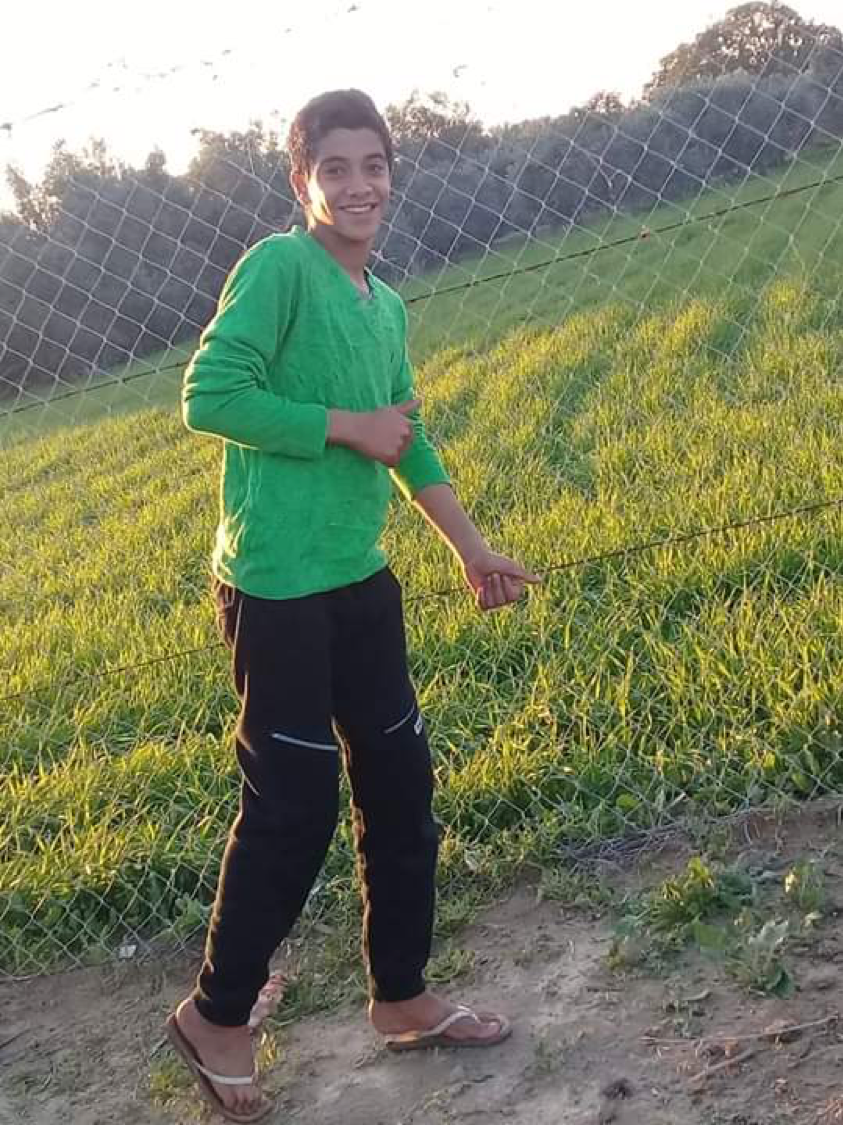
On Tuesday afternoon, just before the fourth call to prayer, three Gaza high-schoolers– Mohammed Abu Mandel, Salem Al-Na’ami and Mahmoud Saed (all 17)—took a break from their studies to collect wood, gather some vegetables and a relax on family farmland. But they never came home. They were shot and killed by Israeli forces, but what happened in between is a mystery.
“The Israelis are saying my son and his friends invaded Israel and threw explosives at their soldiers!” says Hani Abu Mandel, the father of Mohammed. “But the closest he ever got to resisting was attend the Great Return March protests a few times. He never held a gun, didn’t participate in any military groups and I’m sure didn’t know how to make a grenade. If the boys crossed the border, I bet they did it for entertainment only and were unaware of what the consequences could be, The Israelis are lying.”
Here is what is known: According to a fourth student who does not want to be named, Mohammed, Salem and Mahmoud gathered in the square of Al-Zawayda village in the middle of the Gaza Strip. It had been a hard day at school, with many tough lessons. This was their final year of high school (called the tawjihi) and would determine their future. They needed a break.
“It about an hour before was sunset, and they decided to go to some farmland owned by Salem’s family,” says the fourth friend. “They just wanted a break from hard studying.”
Al-Na’ami’s land is located close to the fence that separates Gaza from Israel—about 100 meters. It was typical for the boys to go there to gather wood and, in the winter, build a fire to warm themselves, said the friend.
“I had plans at home, so I didn’t go with them,” he recalls. “I was busy and forgot about them, until later that night, when I heard news. I called their families to find out what happened, but none of them had returned home. No one knows.”
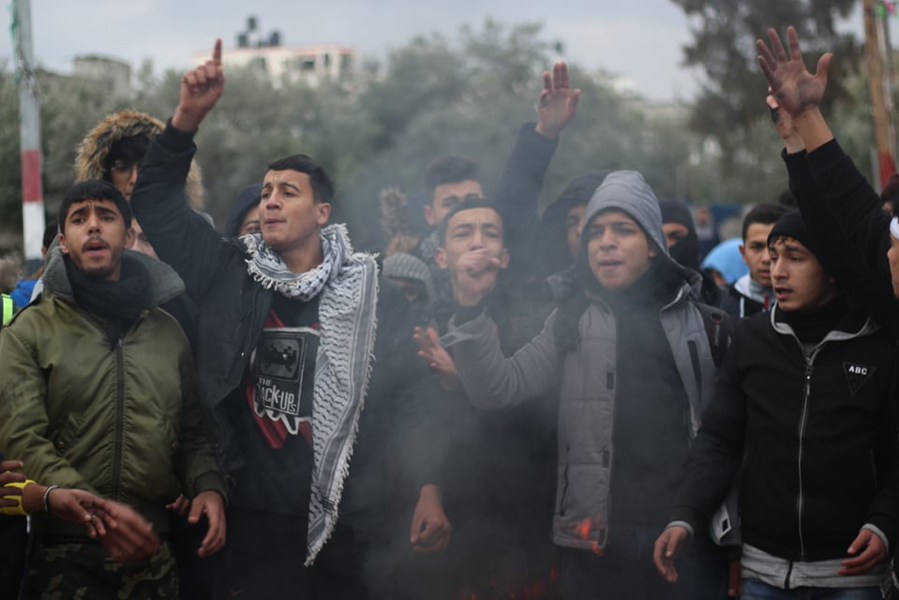
At about 11 p.m. that night, Mohammed’s father received a call from a relative, asking rather vaguely if he knew where his son was. He had heard read an account online, in a local newspaper, quoting Israeli media saying the military had killed the boys. But he couldn’t just blurt the news. Abu Mandel responded that Mohammed was out with his friends, but began to worry, trying to call his son’s phone. No response. Then the relative called back and told him.
Israeli media quoted a statement from the Israel Defense Forces, which reported that the three young men had “breached the border fence, near Kibbutz Kissufim, and launched explosive devices at military forces that arrived at the scene.” The statement went on to say that the three were hiding in a thicket after crossing about 400 meters into Israel. When one of the IDF jeeps approached them, claims the IDF, they threw two objects believed to be explosives or improvised hand grenades. The soldiers responded with gunfire—killing them all.
The boys’ bodies have not been returned, and neither the International Committee of the Red Cross or Gaza’s Al-Mezan Centre for Human Rights has been able to secure any further information.
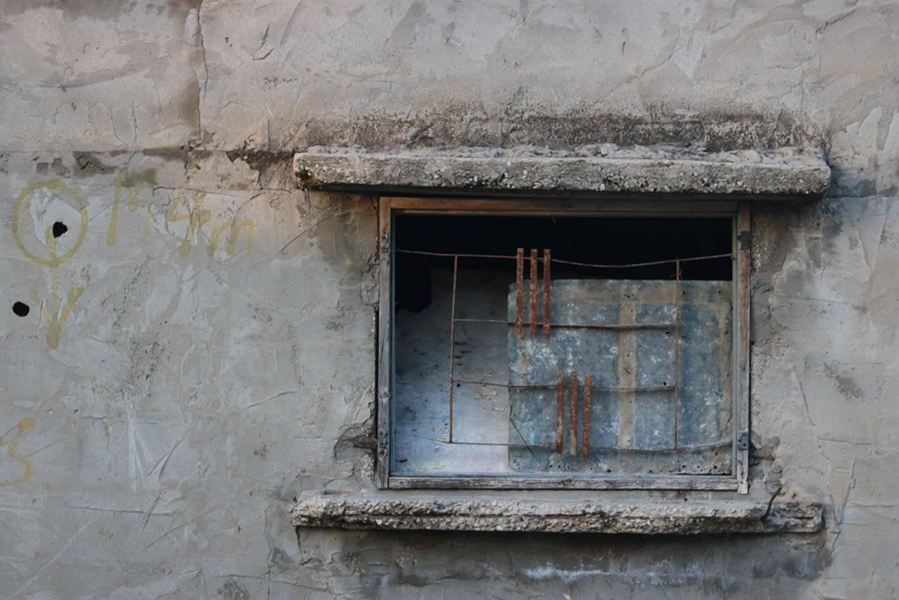
“Mohammed was a very quiet boy who wanted to study agricultural engineering in university next year, so he could look after the lands we own,” says Abu Mandel. “But now Israel killed him and his dream.” Now, Mohammed's younger brother Hamza, 16, vows to continue that dream in school.
Zwaed Al-Na’amy, Salem’s father, who owns the land the boys visited, about 200 meters away from the border, east of the Maghazi refugee camp, says he feels lost.
“We don’t even know for sure if my son is dead, really. All we know is that Israel published their ID photos and names. We don’t have any bodies,” explains Al-Na’amy.
Al-Na’amy lives in a Bedouin village and Salem, eldest of six children, used to help him herd sheep.
“Salem helped our neighbors, those who are very poor. He brought them some food from our land,” his father says. “He had a very kind heart. My son never participated in any military activities; if he crossed through the fence, why couldn’t have Israel warned him to go back instead of killing him? This is Israel’s way.”
The family of Mohammed Saed, the third boy killed, is refusing to accept that he is dead until they have his body. On Thursday, hundreds of the boys’ schoolmates protested in Maghazi camp, demanding an accounting.
But Mervat Nahala, an attorney at Al-Mezan, thinks the wait will be long, based on past experience. Israel’s defense minister, Naftali Bennett, has been quoted in the media as saying he strongly opposes the return of Palestinian bodies. It is, Palestinians believe, another form of torture.
Originally published by Midde East Eye.

